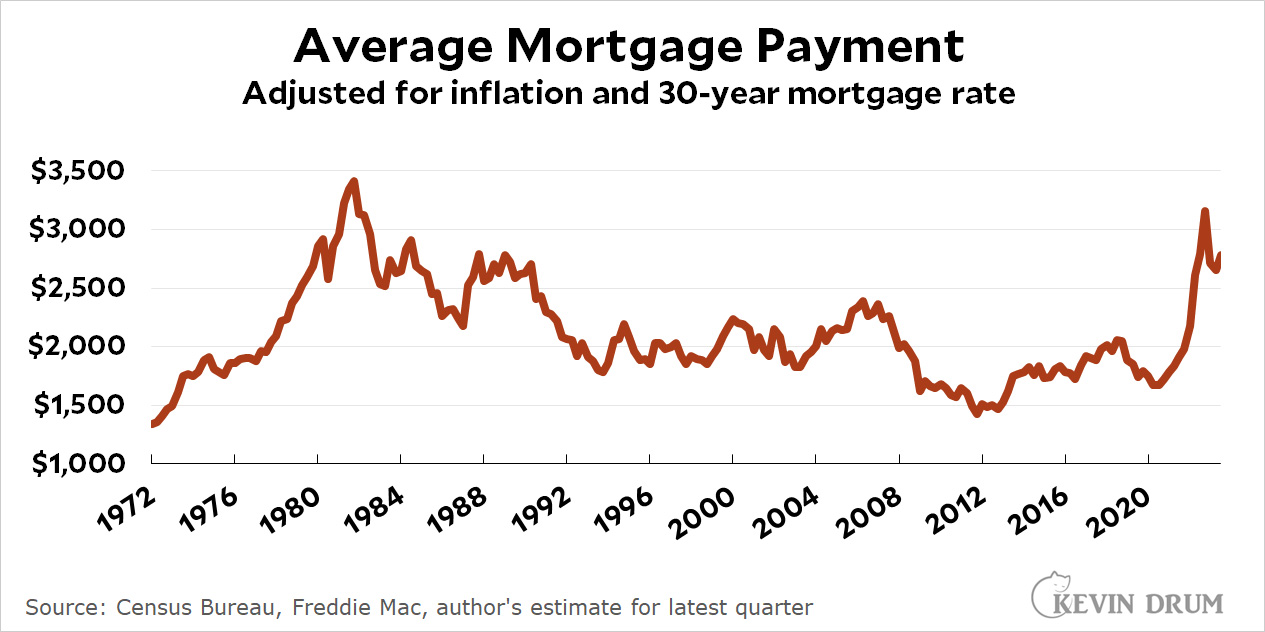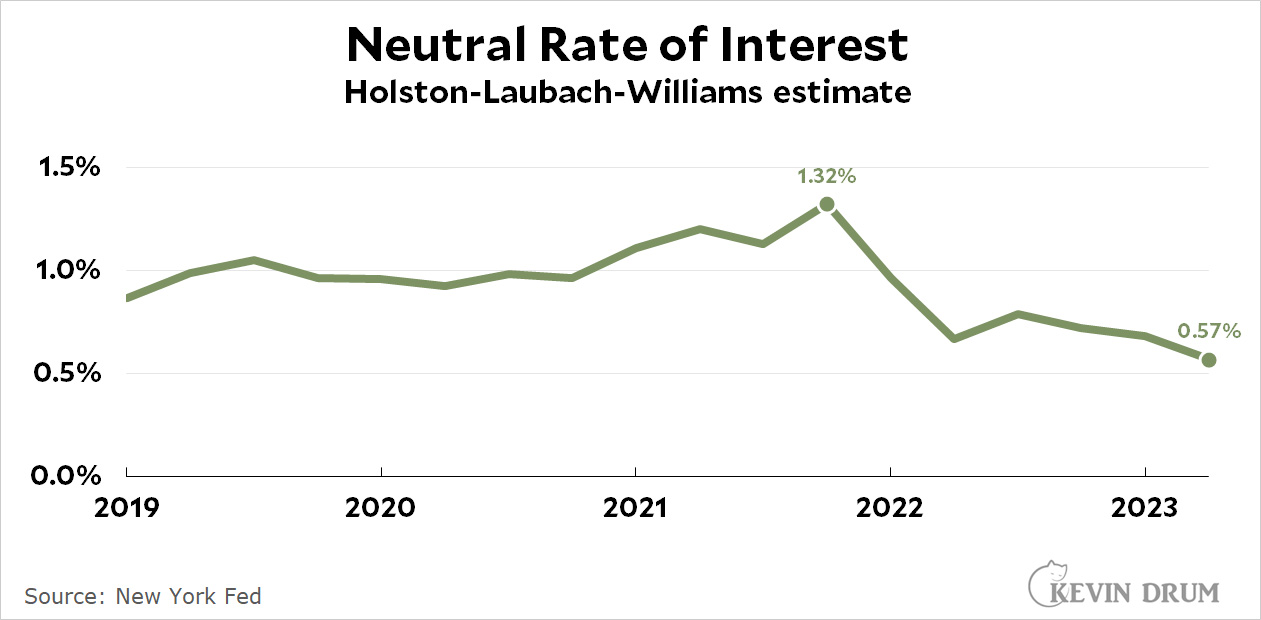Today is full of good news. First Jim Jordan threw in the towel and now crackpot lawyer Sidney Powell has done the same:
Sidney K. Powell, a member of Donald J. Trump’s legal team after he lost the 2020 election, pleaded guilty on Thursday morning to six misdemeanor counts instead of facing a criminal trial that was to begin next week.
....The guilty plea was a blow to Mr. Trump, who faces the most charges of any defendant along with Rudolph W. Giuliani, his former personal lawyer. Both men face 13 counts. Significantly, it means that a member of the Trump legal team will cooperate with the prosecution as it pursues criminal convictions related to efforts to keep the former president in power after he lost the 2020 election.
You will recall Powell as the attorney who popped up at Rudy Giuliani's side shortly after the 2020 election and, in machine gun style, blamed Cuba, Venezuela, the Clinton Foundation, the billionaire George Soros, and Antifa for somehow scavenging votes away from Donald Trump. She was so insane that even the Trump campaign disavowed her. Nevertheless, a couple of weeks later she was at a meeting in the White House and Trump reportedly was mulling the idea of appointing her as a special counsel to oversee an investigation of voter fraud.
Later she was sued by Dominion Voting Systems and filed a statement suggesting that she was innocent of defamation because her claims were so outlandish no one could reasonably believe them:
The filing says that the claims Powell made in interviews on Fox News and Fox Business, and in a press conference at the Republican National Committee are not statements of fact. In particular, her claims “that she had evidence that the election result was the ‘greatest crime of the century if not the life of the world,’” or that Democrats “developed a computer system to alter votes electronically” would not be accepted by a “reasonable person” as “statements of fact.”
Powell and her lawyers go further, citing Dominion’s criticism that Powell’s claims were “wild accusations,” “outlandish claims,” “inherently improbable,” or “impossible” as evidence that “reasonable people would not accept such statements as fact but view them only as claims.”
Anyway, it's not clear how close Powell ever was to Trump or how much she knows about his efforts to overturn the election. So it's possible that flipping her won't accomplish much. But it can't hurt.
 The text of the piece generally is OK, but what's with the consistent theme that Democrats are holding the strings here? They can't do anything until Republicans ask, and so far Republicans have flatly refused to entertain any kind of deal. A better headline would be:
The text of the piece generally is OK, but what's with the consistent theme that Democrats are holding the strings here? They can't do anything until Republicans ask, and so far Republicans have flatly refused to entertain any kind of deal. A better headline would be:





